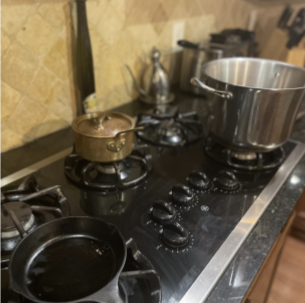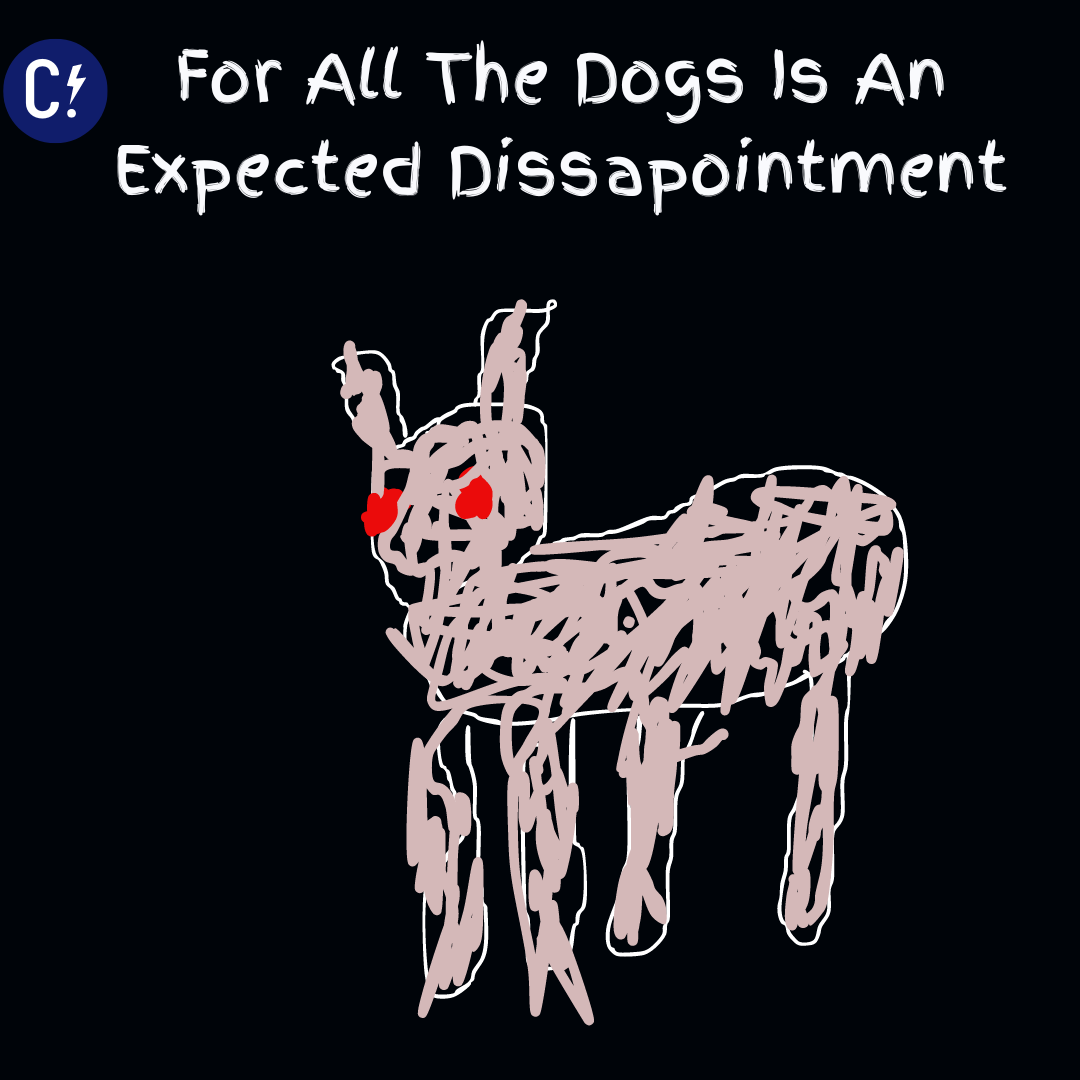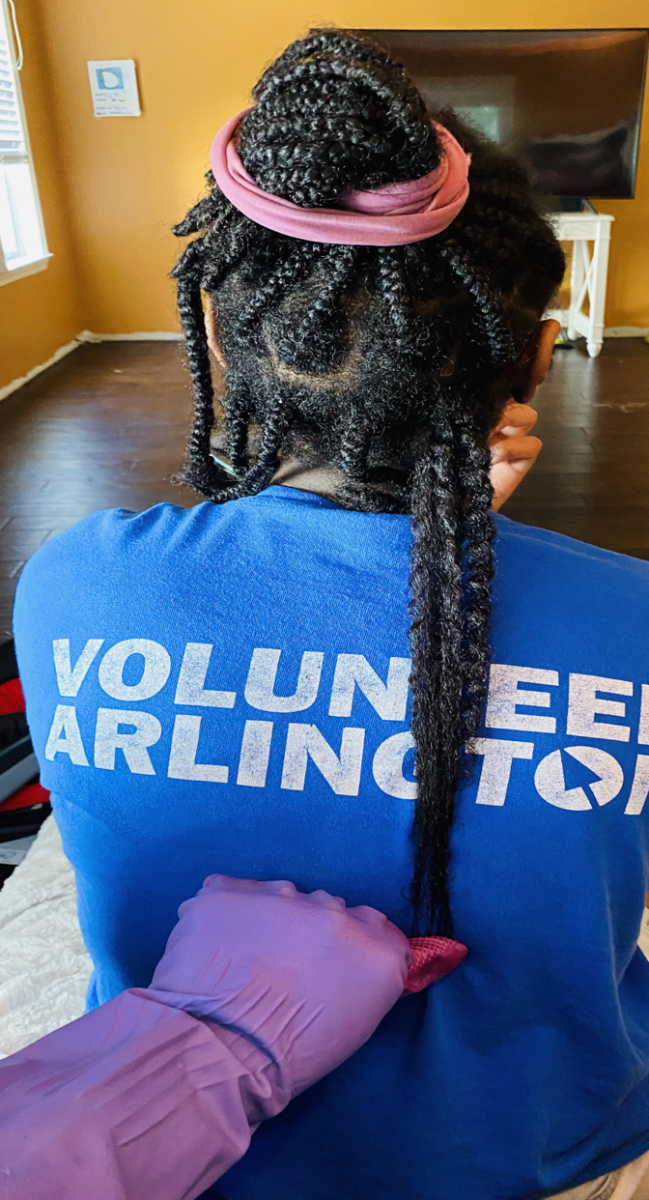While food and drink are something necessary for every human being to live, it is also an integral staple in nearly every culture. Unique spices, traditions, and dishes are a form of self-expression, shape the way families connect with each other and the people around them, and can be used to pass on rich cultural heritage to future generations.
Colada morada, a traditional drink of Ecuador, is no exception to this: the drink itself, like many other foods, has a rich and in-depth history of how it came to be and the cultural significance it provides.
Before the Spanish conquistadors even knew the Americas existed, many Indigenous communities all throughout Ecuador celebrated the Day of the Dead on November 2nd. With this, a variety of different food and drink was consumed, and among these was colada morada, believed to originate in the city of Ambato.
As colonization began to become more prevalent, cultural syncretism with Catholic Spanish conquistadors started to take place. Eventually, the Day of the Dead in Ecuador fused with the Catholic’s All Souls Day to create Día de Los Difuntos, a new celebration which included both elements of Catholicism (attending mass) and previous indigenous traditions (the consumption of ethnic food).
One thing that survived this shift, however, was the significance of colada morada.
The weight of its cultural importance carried over into the new celebrations, as it was still representative of many important aspects the Indigenous people of Ecuador believed. The thick consistency and signature purple color was used to symbolize the mixing of the “essence” or “blood” of the various fruits used in its creation, representing the collective mourning and unity of a community in the face of a death.
As many families continued the tradition of creating the drink and bread that goes with it, it started to become a way to connect generations, pass down cultural traditions, and create new memories together.
I can attest to this personally: some of my fondest memories when I was younger was baking bread and drinking colada morada with my siblings, grandma, and mother. The day we made the drink and bread was always highly anticipated, and the bonding experience of creating something with such rich cultural significance and enjoying it together afterward is something I hope to share with my own family one day. It can be difficult for newer, American-born generations to connect with their culture, in my own experience, but being exposed to foods like these make it easier to make a connection between the old and the new. My own mother shares these sentiments as well: “[Making] cultural food is a way to learn about your heritage and grow closer together as a family,” she says.
She also reflected on the way these traditions affected her growing up: “[It was] a tradition with the grandmother, and all the kids would help make the bread… it’s a connection between grandparents and grandkids.”
In all, cultural food is not only something to simply eat, but a way to pass down traditions from past generations to newer ones: a way to express stories, passion, and love.








